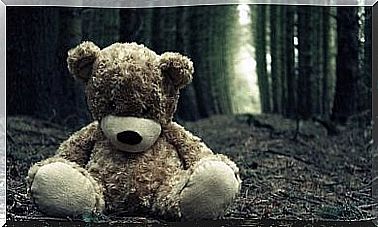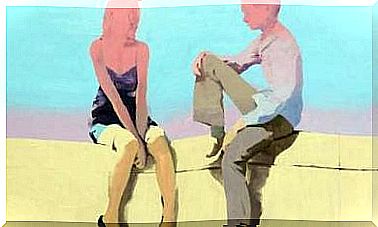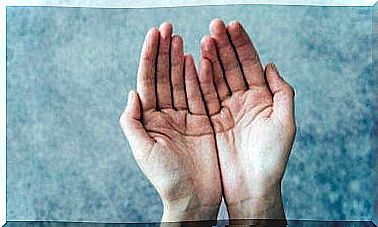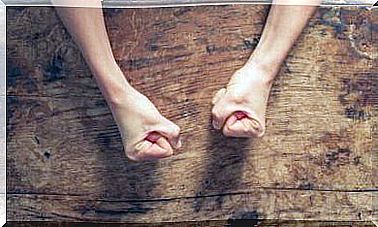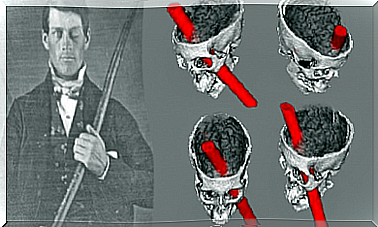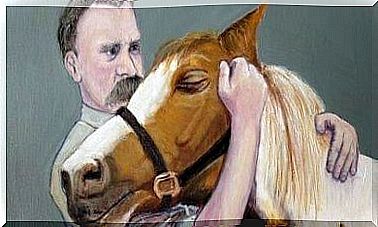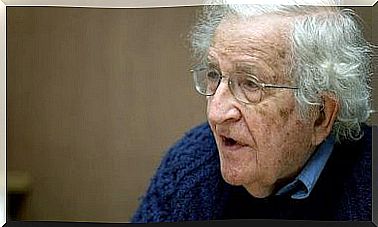Grieving Helps Heal Wounds After A Loss
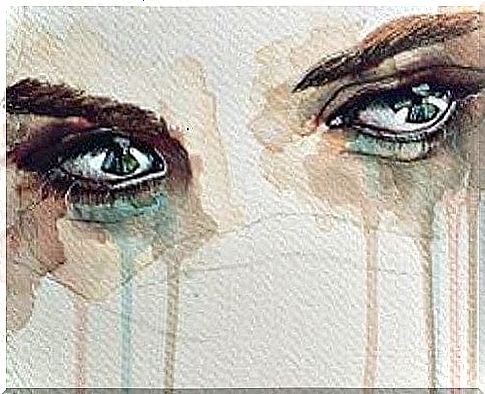
Grieving is something that is always present in our lives. We must say goodbye to places, colleagues, family, friends and partners. Relationships are torn apart, places are abandoned, phases are ended. The grief begins. But grieving also helps to heal.
Some of these experiences can be painful, but the death of a loved one is undoubtedly the most difficult. These are very difficult times, so much so that you do not know what to do to get out of the spiral of pain. Do not be harsh with yourself. Do not rush to find solutions and answers. There are no written rules about what is the right thing to do when you lose an important and intimate bond. As humans, we need time to heal emotionally. It is precisely one of the most important functions in the grieving process.
“If you want to be able to cope with life, you have to be willing to accept death.”
–Sigmund Freud–
Where there is suffering, there is sorrow
Some people around you will try to help you and tell you what to do. You may even put too much pressure on yourself or get confused. They may say things like, “Do not go into your house”; “It is best not to go back to that place”; “You must give his things away”; “Do not torture yourself by looking at pictures of him.”
But you have to decide for yourself , do not avoid moments or situations that you feel you have to go through. Because in the long run it will cause more suffering. Say and do whatever you feel you need. Saying something you shouldn’t hurt as much as not saying it. Although the pain is overwhelming, you need to make decisions for yourself.
There are deaths that can create greater effect than others. For example, if you think death could have been avoided, if you think the person has suffered, if you do not know all the details, or if they died after a long illness. Sometimes it can also be the way you received the news. Many say they feel more comfortable during the first few days than after a few months. It is a completely normal reaction that is designed to protect you. The initial state of shock is a mental defense that protects us from overwhelming pain.
“Like a sea, around a sun-bathed life, death sings its song without end both day and night.”
– Rabindranath Tagore–
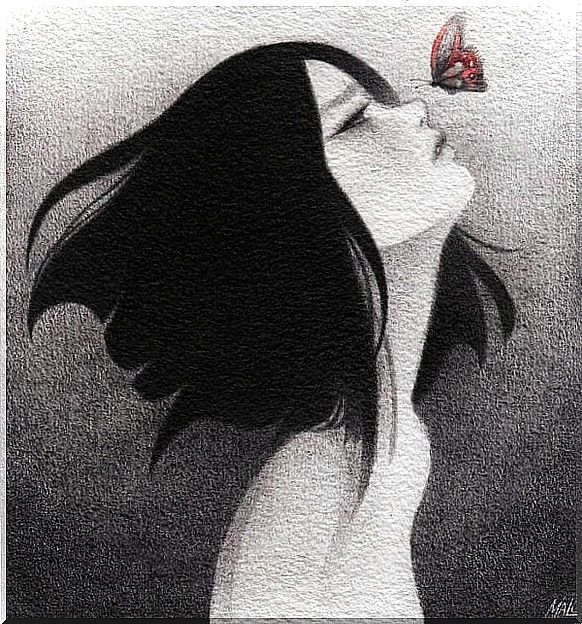
To face the loss
Sometimes the first shock in the course of grief is followed by fear, anxiety, panic, irritation, anger or confusion. Your thoughts are chaotic. You can not focus on anything. You still have not accepted what has happened and you even imagine that everything has just been a really bad dream.
It is true that your mind does not function normally, but everything you experience is completely normal. This is what we call: de-realization (disconnection from your surroundings) and de-personalization (disconnection from yourself). It is a type of medication that the body has to cope with the disorder in manageable doses.
Having it that way does not mean you are crazy or sick. The confusion is part of the experience of your loss. Grieving is natural, no matter how harmful it may seem. When a loved one is no longer with us, the most human reaction is to suffer and mourn.
If the important person is not with you, the last thing you want to feel is euphoria and joy. And you should not force yourself to try to feel these things. Give yourself time and space to feel the sadness. It’s time to get in touch with yourself and you need to feel sensitivity, care and respect.
DIY
And their personal items? Is it best to keep them or throw them away? The problem is not whether they are retained or not, the question is: what to do with them? Personal items are meant to help keep a bond alive, which has been very important to you. They allow you to reconnect with your memories and you can feel that there is still some kind of relationship.
If objects help you express your feelings, they will help you continue on the path of sorrow. But if holding on to them is a way of not accepting what has happened or denying reality, then you will not be able to continue. It’s not a matter of getting rid of them all, right away. Take your time. Give yourself time to decide what you would like to do with them. And do not let anyone do this work for you, even if it will be painful. DIY. In the long run, it will be a help.
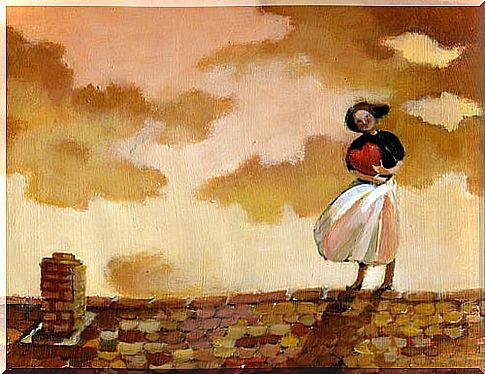
“Death does not steal our loved ones. On the contrary, it keeps them and immortalizes them in our memory. But life steals them many times and forever ”
-François Mauriac-
How long will it take to mourn?
Do not punish yourself by thinking that you should feel better already. Your time is yours alone, and the worst enemy of grief is not giving yourself time to express your feelings. With every loss we suffer, we learn what really matters to us. We order our emotions and priorities, and we grow as a result. Although nothing can ever be the same, we are developing new ways of overcoming difficulties and confronting our conflicts.
Grieving is a wound caused by lack of relationships. This absence causes us to ask ourselves questions about the meaning of life. Therefore, every crisis will bring us face to face with many questions. As human beings, we seek meaning, and the more we pursue it, the more it will flee from us.
Meaning is not a stop along the path of life. It’s a way of going through life. And that is why we find the way to continue through the processes of loss and grief. Do not rush. The only place you have to go is your own destiny.
“Although people can not make sense of history, they can at least try to make sense of their own lives”
-Albert Camus-

